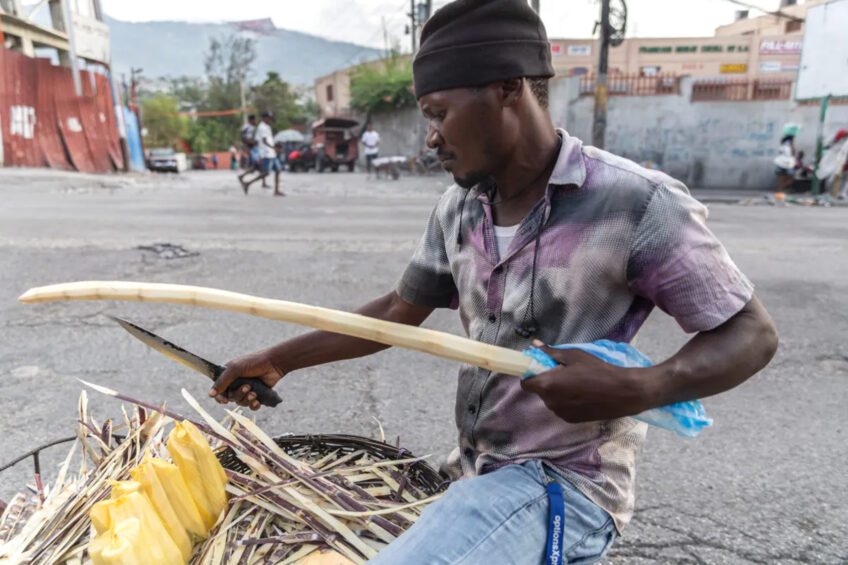Gov. Patrick rallies support for investment in transportation, educationGov. Deval Patrick joined hundreds of teachers, parents and small business owners at the State House on Tuesday to urge support from legislators for the Governor’s investment proposal. “Our best strategy to grow opportunity is to invest in education, innovation and infrastructure,” said Patrick. “Are we satisfied with the pace of recovery, or are we willing to make the tough choices and real investments it takes today to do better for the next generation? Almost all of us agree that the single best way to do that is by investing in education and transportation — and that requires new revenute.” The Governor’s FY14 budget includes a $1 billion annual investment in the Commonwealth’s transportation system to maintain current transportation assets and launch a number of high-impact transportation projects across Massachusetts that, if built, will create thousands of jobs and spur economic development across the Commonwealth. The plan also includes a $550 million investment in education, reaching $1 billion over four years, to provide universal access to high quality early education for children from birth through age 5; fully fund K-12 education and allow for extended school days in high-need schools; make college more affordable and accessible for high school graduates; and allow community colleges to provide students with the knowledge and skill training needed to succeed in the workplace. The rally was organized by Campaign for our Communities, a coalition of over 120 organizations across the state. |
State plan to prevent veteran’s homelessnessLt. Gov. Timothy Murray announced the release of Massachusetts Interagency Council on Housing and Homelessness’ “Integrated Plan to Prevent and End Homelessness Among Veterans.” The objectives of the plan are to reduce the number of homeless veterans in the Commonwealth by 1,000 (based on the annual Point In Time count) by the end of 2015 and to statistically end veteran homelessness in Massachusetts. The annual Point In Time count measures the number of homeless persons in the U.S. on a single night in January 2012, including the number of homeless veterans. According to the 2011 Point In Time count, there were 1,268 homeless veterans on a given night across Massachusetts, which represents 7.6 percent of the total homeless population in the state. This Point In Time count has been trending downward in recent years, with the 2011 count 20.6 percent lower than that of the previous year. It is also estimated that 450 of those individuals meet the U.S. Department of Housing and Urban Development’s definition of chronically homeless. In December 2011, Murray charged the ICHH and the Massachusetts Department of Veterans’ Services (DVS) with drafting the first statewide plan to prevent and end homelessness among veterans. |
Councillor Jackson calls for hearing on participatory budgetingBoston City Councillor Tito Jackson is expected to call on the City Council to explore ways to empower Boston residents to choose public projects in their own neighborhoods. A system called “participatory budgeting” allows for private citizens to propose, advise and finally select neighborhood improvement projects. The program, already in cities such as Chicago and New York City, as well others in Africa, Europe, Asia and South America, promotes civic engagement and government transparency. Jackson said in a release that participatory budgeting would allow for the citizens of Boston, who know their communities best, to express the needs of their neighborhoods in a public forum. In other cities, these projects have included street resurfacing, public art, bike paths, playgrounds and business incubators. “It’s my and my colleague’s responsibility to hold the government accountable to the people of Boston,” Jackson said. “Participatory budgeting is just one more path to civic engagement, as it promotes transparency, facilitates goodwill and truly brings City Hall to the communities of Boston.” |
Close
Current temperature in Boston - 62 °

BECOME A MEMBER
Get access to a personalized news feed, our newsletter and exclusive discounts on everything from shows to local restaurants, All for free.
CLASSIFIEDS
POST AN AD





